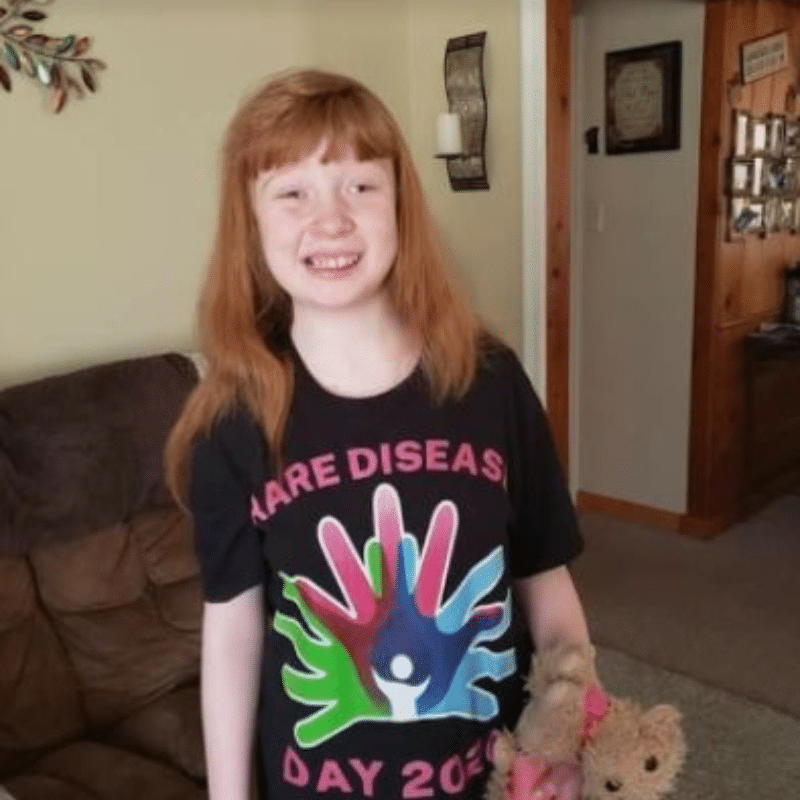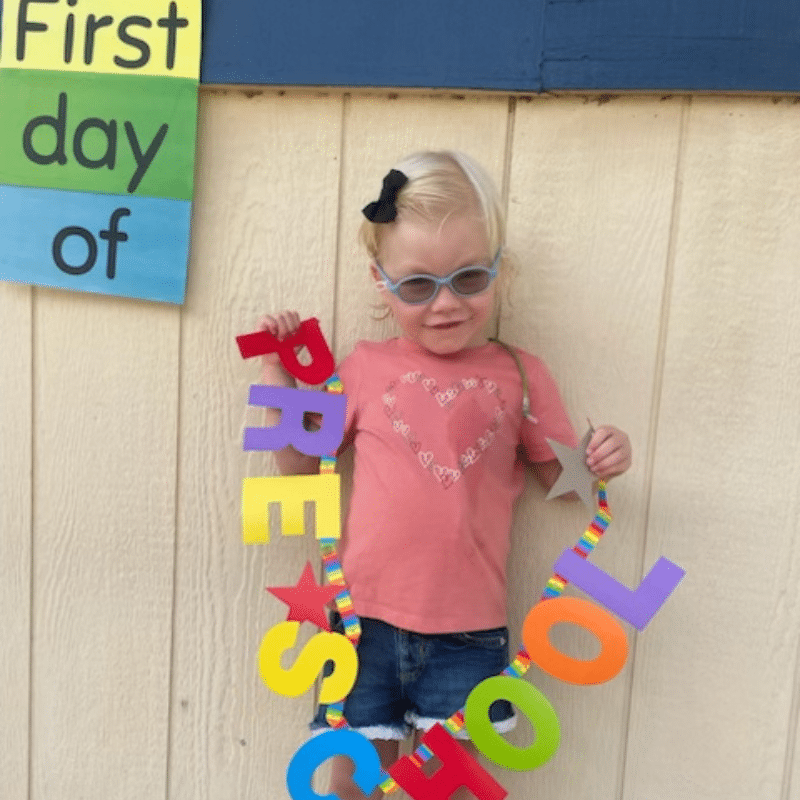Beta-Mannosidosis
Beta-Mannosidosis
Beta-mannosidosis (β-mannosidosis) is an extremely rare genetic disease that belongs to a larger group of lysosomal storage disorders (NORD, 2023). Changes in the MANBA gene cause metabolic abnormality,
specifically a loss of a functional β-Mannosidase enzyme, that helps break down complex sugar molecules (oligosaccharides). This results in the buildup of toxic materials in the cells throughout the body and brain.
Severity and progression of the disease vary widely in individuals and symptoms can appear in infancy through adulthood. Most affected individuals experience some degree of intellectual disability and delayed motor development. Other signs and symptoms include speech, swallowing, and hearing difficulties, repeat infections, seizures, gross and fine motor delay, low muscle tone, scoliosis, nystagmus, white matter changes to the brain (leukoencephalopathy), reduced sensations in extremities, dark red spots on the skin (angiokeratomas) and behavioral and psychiatric challenges.
What other names do people use for Beta-Mannosidosis?
- Beta-D-mannosidosis
- Beta-mannosidosis
- Lysosomal Beta-A-mannosidosis
- Lysosomal Beta-mannosidosis deficiency
How Common is it?
Beta-mannosidosis is an extremely rare genetic disorder. Less than 40 individuals have been identified worldwide since the first human case was documented in 1986. It is difficult to determine the specific incidence of Beta-mannosidosis, due to lack of testing and range of severity. Those with mild or non-specific symptoms may never be diagnosed.

Patient Support Groups:
- ISMRD is the international support group for Alpha-Mannosidosis
- ISMRD’sFacebook page; this is our closed group for families only
- ISMRD’s public Facebook page for this disorder
- The Lost Enzyme Project is an organization dedicated to raising awareness, supporting, families, and driving research for lysosomal storage disorders, specifically Beta-Mannosidosis
- In other parts of the world MPS societies may support Beta-Mannosidosis
Medical and Research Information
- Genetic Home Reference: This is an excellent description of Beta-Mannosidosis with many references to other information and resources.
- GeneTests: A list of labs providing testing for Beta-Mannosidosis.
- OMIM: Technical information about the genetics of Beta-Mannosidosis. OMIM is a site developed for scientists and medical specialists and contains both general and highly technical information. Access to the site is free to all users.
- Clinical Trials: A registry of federally and privately supported clinical trials conducted in the United States and around the world. This site give you information about each trial’s purpose, who may participate and the location.
- Orphanet is a database dedicated to information on rare diseases and orphan drugs. Access is free of charge.
- PubMed: Published papers about Beta-Mannosidosis can be found here.
- CoRDS: Register for the Sanford University CoRDS Beta-mannosidosis Longitudinal Study.
- NORD: The National Organization for Rare Disease (NORD).
- The Lost Enzyme Project: preclinical studies necessary for the development of an enzyme replacement therapy for Beta-mannosidosis.
Meet People with Beta-Mannosidosis

Oliver
Oliver was diagnosed with gross motor delay at his 9-month pediatric well-
check. This was the first of many progressive symptoms including fine
motor delay, speech delay, and white matter changes to the brain
(leukoencephalopathy) that led to genetic testing. Oliver was diagnosed
with Beta-mannosidosis at 4 years, by the Mayo Clinic in Rochester, MN.
He underwent an immediate experimental HSCT transplant (bone marrow
transplant) at the University of Minnesota Fairview Children’s Hospital in
2015, with hopes of slowing or stopping the progression of the disease.
Results of the transplant appear to be moderate. Oliver continues to
experience progressive gross motor loss and fatigue, stable fine motor
delay, dual nystagmus and progressive vision loss, stable scoliosis, stable
neurocognitive disorder, keratosis pilaris, circulatory, and bladder issues.
Despite these challenges, Oliver lives an active life and has a wonderful
sense of humor. He loves school, basketball, listening to music, and travel.
He is a kind and gentle boy who is a friend to all.

Kendreona
My name is Kendreona and I’m a 12yr old from the USA. I love being outdoors, listening/dancing to country music, and shopping. Even though Beta Mannosidosis affects my life with daily physical and mental challenges I still loves to laugh and be the center of attention. LOL.

Skylar
A few months after Skylar was born, we noticed how peacefully she was sleeping during a Super Bowl game on tv. That’s when we knew she had hearing loss. After a visit to the geneticist and a few more tests, Skylar was diagnosed with Beta-mannosidosis a day before her 1st birthday. These past few years, she has struggled with developmental delays, Dysphasia, countless infections, severe burning in her hands and feet from peripheral neuropathy, vision and hearing loss and leukoencephalopathy (white matter changes to the brain).
Despite these challenges, she remains a beacon of light in our home. She loves to play with her older brothers, swing, climb, and roughhouse. She attends the Phoenix Day School for the Deaf and is quickly picking up on ASL. We are thrilled about The Lost Enzyme Project and a potential treatment in 2025



